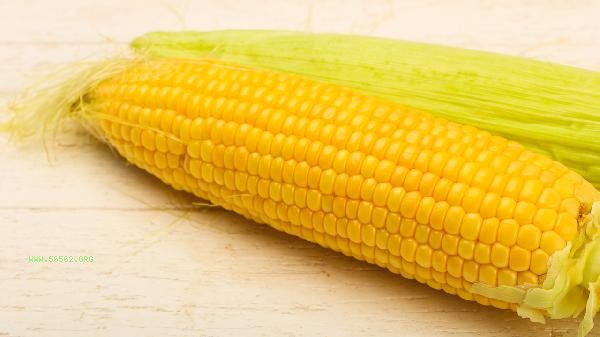Adding a small amount of salt when cooking corn can enhance its sweetness, while adding sugar can directly increase the sweetness but may mask the sweetness of the corn itself. The sweetness of corn mainly comes from its natural sugar content, and salt can enhance taste buds' perception of sweetness through osmotic action. The principle of adding salt when cooking corn is similar to sprinkling salt on watermelon. The sodium ions in table salt can temporarily inhibit the activity of bitter taste receptors, while stimulating the sensitivity of sweet taste receptors, making the natural sweetness of corn more prominent. This method is suitable for sweet corn varieties with high freshness, and the salt content should be controlled within 3 grams per liter of water. Excessive salt content can lead to excessive saltiness. Salt boiled corn is recommended to be consumed immediately to avoid continuous infiltration of sodium ions that can cause water loss. Although adding sugar directly can quickly increase sweetness, it may disrupt the natural flavor balance of corn. The commercially available corn has been soaked in sugar water, and adding sugar during home cooking can easily lead to a sweet and greasy feeling. Sugar boiling is more suitable for old corn or varieties with low sweetness, and the sugar content should be controlled to avoid masking the aroma of corn. People with diabetes or sugar control should avoid this method, and can choose to salt or directly clear boil to retain the original flavor.

For corn cooking, it is recommended to choose fresh sweet corn of the season and keep 2-3 layers of bracts when cleaning to prevent nutrient loss. Boil the water for 8-10 minutes, overcooking can cause sugar breakdown. When consumed, it can be paired with salt free butter or a small amount of vanilla powder to enrich the flavor. For those with gastrointestinal sensitivity, the single consumption should not exceed 200 grams. refrigerated cooked corn should be thoroughly heated to avoid the risk of Listeria contamination.











Comments (0)
Leave a Comment
No comments yet
Be the first to share your thoughts!